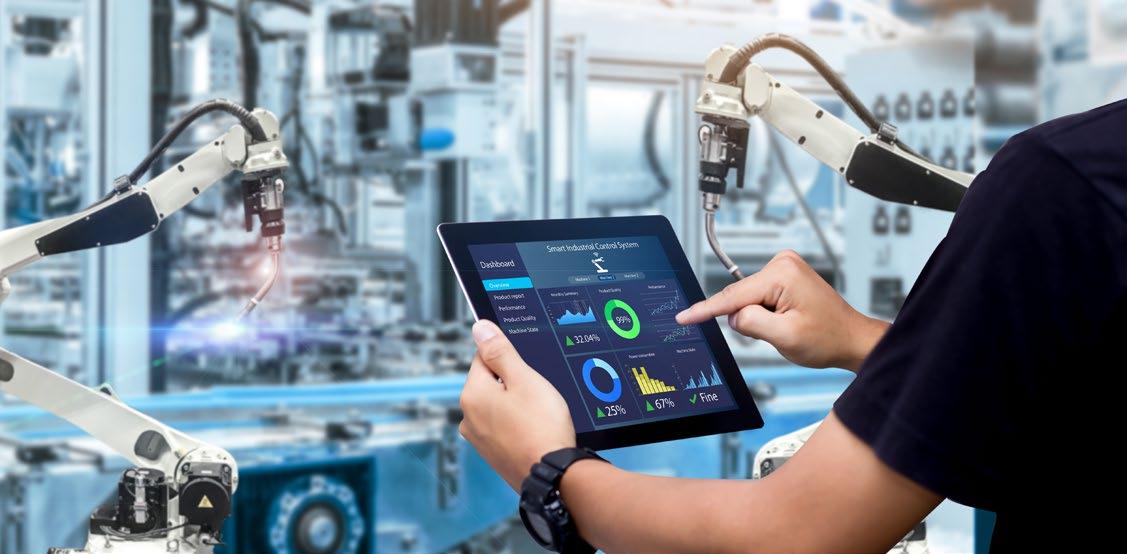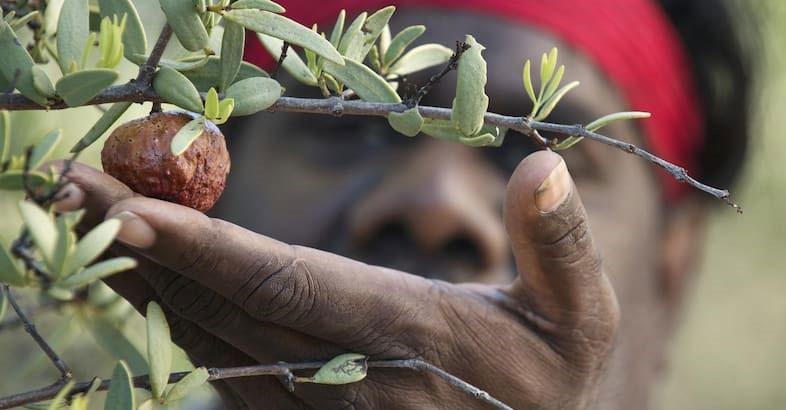
3 minute read
Cross-sector activities
from Diversify WA: Future State
by djtsi
As an export-focused economy deeply integrated into global supply chains, WA needs to be responsive to shifts in global industry trends. In collaboration with industry, the below cross-sector enabling activities have been identified as key to supporting diversification of the state’s economy.
Science, innovation and technology
Investments in science, research and development (R&D) will also enable WA industry to adapt to significant global changes and mitigate the impact of supply chain disruptions in the long-term. Through R&D, industry can use science as a basis to build new competitive advantages, increase productivity and test the boundaries of what is possible.
Innovation and technology also underpin productivity, competitiveness and the resilience of businesses. Firms with high productivity are able to pay higher wages and attract highly skilled workers, generate more value for consumers and pay higher returns to investors. The ability to innovate means that our businesses and economy can adapt and change to pressures or opportunities. In the long run, innovation will facilitate the creation of a more agile labour market, where workers have the skills and flexibility to move to jobs that have positive long-term prospects.
Key WA Government investments in science, innovation and technology include:
» Launching WA’s STEM skills strategy in May 2019, which aims to ensure that everyone can develop the skills to embrace a technological future.
» Establishing the $16.7 million New Industries Fund, which assists further development and acceleration of innovation-based technologies, and their application to support new and emerging industries growth and participation in regional and global value chains.
» Securing new national research infrastructure in WA, including installation of WA’s first suite of cryogenic electron microscopes and the operationalisation of the Australian National Fabrication Facility 3D microscope.
Advanced manufacturing
Industry across all areas can innovate and compete through offering exceptional technical solutions or services, making them less dependent on pure goods production. WA has advanced manufacturing capabilities across the majority of the state’s priority sectors, however work is still needed to scaleup these capabilities and to focus efforts on areas of strategic and comparative advantage, where there is global demand.
The WA Government has committed to supporting advanced manufacturing in WA through:
» A commitment to establish a $100 million Investment Attraction and New Industries Fund to support industry assistance, attraction and grants across a range of industry sectors, including battery manufacturing, renewable hydrogen, green steel and cyber security.

» Establishing a Local Manufacturing Investment Fund to help WA manufacturers retool their workshops with world-class technology to manufacture rail wagon components and undertake R&D on innovative manufacturing techniques.
» Supporting the establishment of a Global Advanced Industries Hub within the Western Trade Coast, which will bring together 4 key industrial areas – Kwinana Industrial Area, Rockingham Industry Zone, the AMC and Latitude 32.
Supply chain development
In the early stages of the pandemic, supply chain production issues due to trade restrictions were widespread. Key issues included:
» Factories being shut down or operating at significantly reduced capacity.
» A global shift to home-based working.
» An increase in expendable incomes from government stimulus packages.
» Port operations and aviation restrictions impacting sea and air freight services.
The WA Government, working with the Australian Government, has supported industry to restore these supply chains, and to assess both the resilience and vulnerabilities of the state’s supply chains. Work has also been progressed by the WA Government to develop domestic and global supply chain growth across the state’s priority sectors, to respond to the accelerated shift in global demand since the COVID-19 pandemic. Working with key industry stakeholders, targeted opportunities have been identified across a number of Diversify WA priority sectors.
Environmental, social and governance frameworks

ESG awareness has built momentum within the international market, with ESG credentials now strongly factoring into investor decision-making. This push is being seen across all of WA’s key markets, driven by regions with ambitious environmental targets, such as Europe.
The WA Government is committed to environmentally and socially responsible production processes, which is reflected through a range of measures, such as:
» Engaging with native title groups and Aboriginal communities to develop agreements that accelerate economic and community development.
» Development of a WA Climate Policy and establishment of a net zero greenhouse gas emissions aspiration for WA by 2050, to position the state for a low-carbon future.
» Establishment of a Clean Energy Future Fund to support innovative clean energy projects in WA.
» Implementation of carbon sequestration policies, including establishing the Land Restoration and Carbon Farming program, investing $15 million into the Native Vegetation Rehabilitation Scheme, and opening up carbon sequestration projects in National Parks and on conservation estates.
» Continued implementation of the Royalties for Regions initiative, which provides funding for economic and social development in regional WA.










